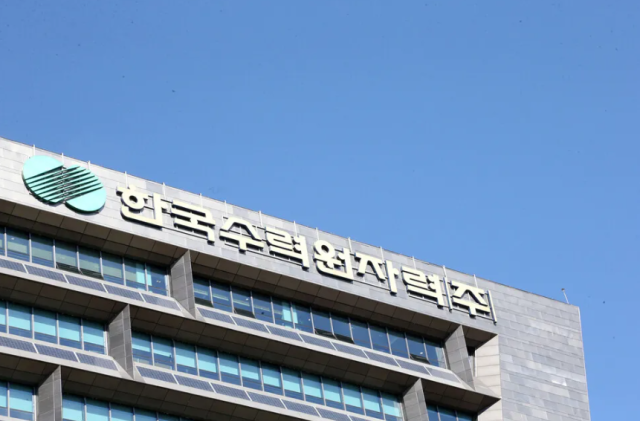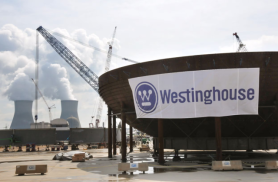
SEOUL, August 20 (AJP) - South Korea’s fraught nuclear agreement with Westinghouse Electric of the United States, derided by critics as a “50-year slave contract,” is the culmination of a technological dependency that dates back to the earliest days of the country’s atomic energy program.
In the 1970s, South Korea built its nuclear ambitions on American blueprints. The nation’s first reactors were based on designs from Combustion Engineering, a U.S. company that developed the System 80 model. When Westinghouse acquired Combustion Engineering in 2000, the intellectual property rights behind South Korea’s core reactor technology effectively passed into Westinghouse’s hands.
At the heart of the current dispute is the APR1400, South Korea’s flagship reactor that it has sought to market abroad as a symbol of its industrial self-reliance.
Though Korean engineers spent decades refining the design, the reactor remains rooted in Combustion Engineering’s System 80+, leaving room for Westinghouse to assert intellectual property claims.
Those claims came to a head in 2022, after Korea Hydro & Nuclear Power, the state-owned operator, secured a $17.1 billion contract to build reactors in the Czech Republic.
Westinghouse swiftly filed suit in U.S. courts, arguing that the APR1400 could not be exported without its approval because it was derived from Westinghouse-controlled technology.
The legal challenge threatened to derail South Korea’s most important nuclear export deal in years, just as Seoul was trying to reassert itself as a global player in the nuclear market.
Facing a March 2025 deadline to finalize the Czech contract, Korean negotiators found themselves under enormous pressure. Industry officials say Westinghouse used that urgency to extract concessions.
A settlement was reached in January. Under its reported terms, Korea agreed to pay Westinghouse $650 million per reactor for equipment and services, along with $175 million in licensing fees. Westinghouse also secured restrictions on where South Korea can export its reactors and won the right to review future Korean designs.
For South Korea, the deal ensures the Czech project moves forward and preserves its credibility as a nuclear exporter. But it also underscores the limits of the country’s independence in an industry it has long touted as a pillar of national strength.
“This is the price of building our industry on borrowed technology,” said one energy policy analyst in Seoul on condition of anonymity. “Even after decades of innovation, the original license still determines what Korea can and cannot do.”
The controversy has become a flash point in South Korea, where critics argue that early reliance on foreign technology created structural dependencies that have persisted for nearly half a century.
Despite technological prowess and a record of safe operations at home, the country remains tethered to intellectual property rights inherited from contracts signed in a very different era.
As Seoul pushes to expand its nuclear exports to new markets, the episode is a reminder that choices made decades ago can cast long shadows — sometimes measured not in years, but in generations.
Copyright ⓒ Aju Press All rights reserved.


